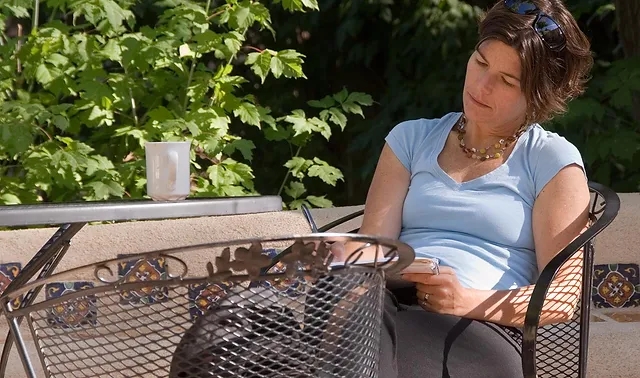
I am making a home inside myself. A shelter
of kindness where everything
is forgiven, everything allowed—a quiet patch
of sunlight to stretch out without hurry,
where all that has been banished
and buried is welcomed, spoken, listened to—released.
A fiercely friendly place I can claim as my very own.
I am throwing arms open
to the whole of myself—especially the fearful,
fault-finding, falling apart, unfinished parts, knowing
every seed and weed, every drop
of rain, has made the soil richer.
I will light a candle, pour a hot cup of tea, gather
around the warmth of my own blazing fire. I will howl
if I want to, knowing this flame can burn through
any perceived problem, any prescribed
perfectionism,
any lying limitation, every heavy thing.
I am making a home inside myself
where grace blooms in grand and glorious
abundance, a shelter of kindness that grows
all the truest things.
I whisper hallelujah to the friendly
sky. Watch now as I burst into blossom.
— Julia Fehrenbacher, “The Most Important Thing” @ JuliaFenrenbacher.com
Notes:
- Thank you Beth for sharing @ via Alive on All Channels
- Post Title & Inspiration: Aldous Huxley: “It’s dark because you are trying too hard. Lightly child, lightly. Learn to do everything lightly. Yes, feel lightly even though you’re feeling deeply. Just lightly let things happen and lightly cope with them.



